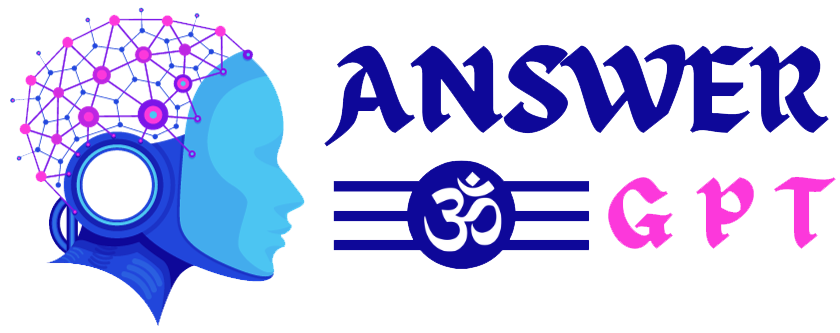1. Statement 1: A brand is defined as a bundle of attributes capable of exchange or use; usually a mix of tangible and intangible forms.
Statement 2: A product is a name, term, design, symbol or any other feature that identifies one seller’s good or service as distinct from those of other sellers.
- Both statements are false.
- Statement 1 is True, and Statement 2 is false.
- Both statements are true.
- Statement 1 is False, and Statement 2 is True
Answer :- a
2. Which of the following statements about the product persona is false?
- Personas are abstractions of groups of real consumers who share common characteristics and needs.
- It is also a profile of a employees who sell the product.
- Product Persona provides a unified view of how a product interacts with its users.
- It defines the beliefs, motivations, interests and personality of a product.
Answer :- b
3. As discussed in the lecture, there are six levels in the product hierarchy. Identify the missing levels in the diagram?

- Product Mix, Product Design, Product Quality
- Product System, Product Plan, Product Variant
- Product Packaging, Product Style, Product Quality
- Product Item, Product Line, Product Family
Answer :- d
4. Who proposed the classification schema that includes Product Referent, Task or Outcome Referent (Benefit), and User Referent (Usage) for describing products and services?
- Philip Kotler
- Theodore Levitt
- Myers and Shocker
- Clayton Christensen
Answer :- c
5. Which of the following statements about Product Attributes is NOT true?
- Product attributes are the characteristics by which products are identified and differentiated.
- Product attributes usually comprise features, benefits, and uses.
- Any given product or service can only be presented in one attribute class.
- When making judgments about multi-attribute alternatives consumers are likely facing a mixture of characteristic, beneficial, and image attributes.
Answer :- c
6. Match the product terminologies in Table 1 with their correct descriptions in Table 2.

- I – C, II – B, III – A
- I – A, II – B, III – C
- I – B, II – A, III – C
- I – B, II – C, III – A
Answer :- a
7. Which of the following are the dimensions of product mix?
- Width
- Complexity
- Length
- Volume
- Weight
- Depth
- Intensity
- Consistency
Answer :- a, c, f, h
8. Statement 1: Product design is the totality of features that affect the way a product looks, feels, and functions to a consumer.
Statement 2: Product mix refers to the number of different classifications of goods carried in a particular merchandising unit.
- Both statements are false.
- Statement 1 is True, and Statement 2 is false.
- Both statements are true.
- Statement 1 is False, and Statement 2 is True.
Answer :- b
9. Product development can be viewed from three perspectives. Which of the following is not one of these perspectives?
- As Rational Plan
- As Communication Web
- As Leadership Approach
- As Disciplined Problem Solving
Answer :- c
10. _____________ is a group of diverse but related items that function in a compatible manner.
- Product System
- Product Attribute
- Product Type
- Product Style
Answer :- a
